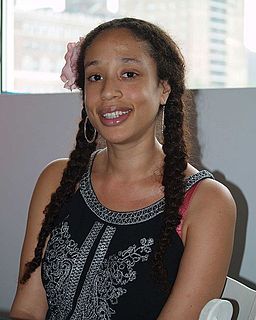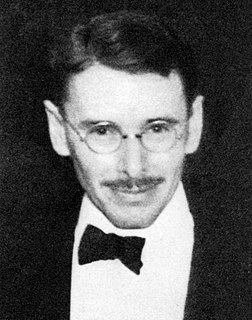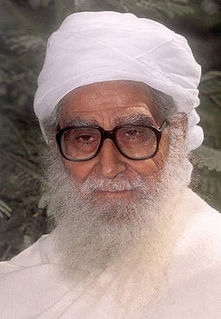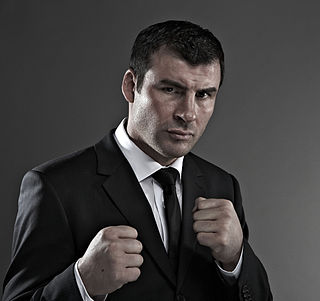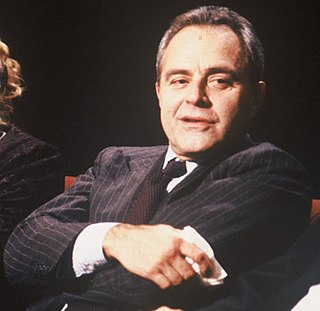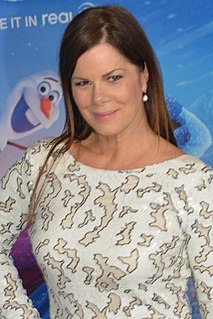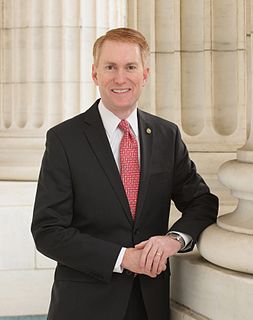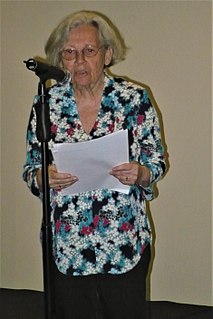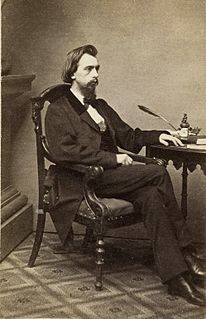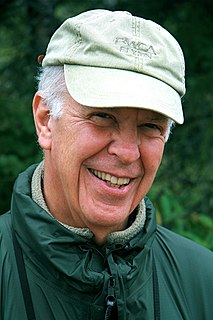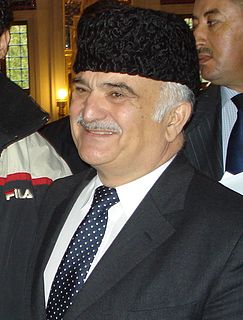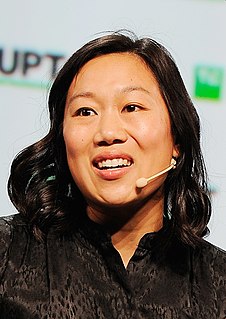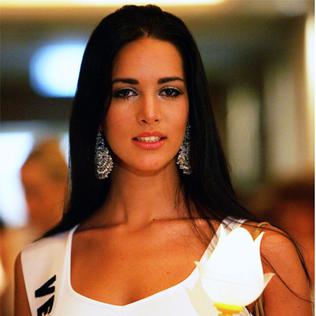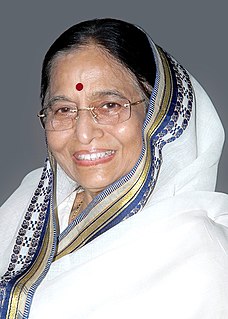Top 1200 Political Differences Quotes & Sayings - Page 3
Explore popular Political Differences quotes.
Last updated on April 16, 2025.
There are people with an explicit political bent complaining about people having political agendas while nominating stories with political agendas. Is it political to try to be diverse? Is it political to try to imagine a non-heteronormative society? Yes, because it involves politics. But how do they expect us to not write about our lives?
My hope is that we would begin to have a dialogue in this country about the importance of civility. We can have strong differences, but it does seem to me that most of the country believes it's gone to critical mass in what I would call the professional class across the political spectrum - left and right.
I do not deny certain kinds of biological differences. But I always ask under what conditions, under what discursive and institutional conditions, do certain biological differences - and they're not necessary ones, given the anomalous state of bodies in the world - become the salient characteristics of sex.
Europe has lived on its contradictions, flourished on its differences, and, constantly transcending itself thereby, has created a civilization on which the whole world depends even when rejecting it. This is why I do not believe in a Europe unified under the weight of an ideology or of a technocracy that overlooked these differences.
It's a sad indication of where Washington has come, where policy differences almost necessarily become questions of integrity. I came to Washington in the late '70s, and people had the ability in the past to have intense policy differences but didn't feel the need to question the other person's character.
Everybody who has dealt with China over an extended period of time has come to more or less the same conclusions. There are nuances of differences, but not fundamental differences. I think that President Bush was heading in this direction, and I have no doubt that he will again wind up in this position. But right now he has to be preoccupied with the atrocity committed in New York and Washington.
In order to survive, a plurality of true communities would require not egalitarianism and tolerance but knowledge, an understanding of the necessity of local differences, and respect. Respect, I think, always implies imagination - the ability to see one another, across our inevitable differences, as living souls.
We are all individualized expressions of God, of oneness. But we do have personality differences. Everyone who has had more than one child knows that they come in with personalities. The moment they come in - some come in screaming, some sleep through that first night and stay peaceful the rest of their lives - you see the differences.
There's going to be biological differences between the genders. There's going to be biological differences between two women or two men. There's biological differences between all of us. My concern is, why are we so concerned about it? Why are we so worried about it? Why, whenever a study comes out about men do this one way and women do this one way, or men's brains and women's brains - why are we so interested in that? You know, what makes us so fascinated by differences between the sexes? And I think more often than not that interest is deeply embedded in sexism.
The adjective "political" in "political philosophy" designates not so much the subject matter as a manner of treatment; from this point of view, I say, "political philosophy" means primarily not the philosophic study of politics, but the political, or popular, treatment of philosophy, or the political introduction to philosophy the attempt to lead qualified citizens, or rather their qualified sons, from the political life to the philosophic life.
One of the things is that I've been very comfortable in every situation starting ministry in the inner city and ministering in places - Washington, D.C., feeding the homeless, the hurting, going to broken boys and girls. So culturally I understood all different aspects of life - from extremely wealthy to extreme poverty, socioeconomic differences, ethnic differences.
To begin to know the philosophy of socialism, in backward countries where the class differences are great, very great, and terribly exaggerated over the conditions we know in this country, to overcome this, the theory of revolution, of force and violence, was necessary within those political conditions. It couldn't be anything else.
Of course, no state accepts [that it should call] the people it is imprisoning or detaining for political reasons, political prisoners. They don't call them political prisoners in China, they don't call them political prisoners in Azerbaijan and they don't call them political prisoners in the United States, U.K. or Sweden; it is absolutely intolerable to have that kind of self-perception.
The Role of Deliberate Practice in the Acquisition of Expert Performance”: “The differences between expert performers and normal adults are not immutable, that is, due to genetically prescribed talent. Instead, these differences reflect a life-long period of deliberate effort to improve performance.
Throughout history, religious differences have divided men and women from their neighbors and have served as justification for some of humankind's bloodiest conflicts. In the modern world, it has become clear that people of all religions must bridge these differences and work together, to ensure our survival and realize the vision of peace that all faiths share.
Tiny differences in input could quickly become overwhelming differences in output.... In weather, for example, this translates into what is only half-jokingly known as the Butter- fly Effect—the notion that a butterfly stirring the air today in Peking can transform storm systems next month in New York.
One of the most difficult situations on which my country goes through, has to do with the political and economical aspects, but that it's because we have locked up into ourselves and forgot to help everyone else. We have forgotten about unity and solidarity. Sometimes, it's in our differences where we find that strength which compliment us to go forward.
For the church is not a human society of people united by their natural affinities but the Body of Christ, in which all members, however different, (and He rejoices in their differences and by no means wishes to iron them out) must share the common life, complementing and helping one another precisely by their differences.
In my platoon, we came from different parts of the country, with different backgrounds, different religious beliefs, different political beliefs—and yet we all put those differences aside. Fundamentally, I believe that’s what the American people expect of Congress as well. We all ought to be able to come together in Washington and do what’s best for our America.
